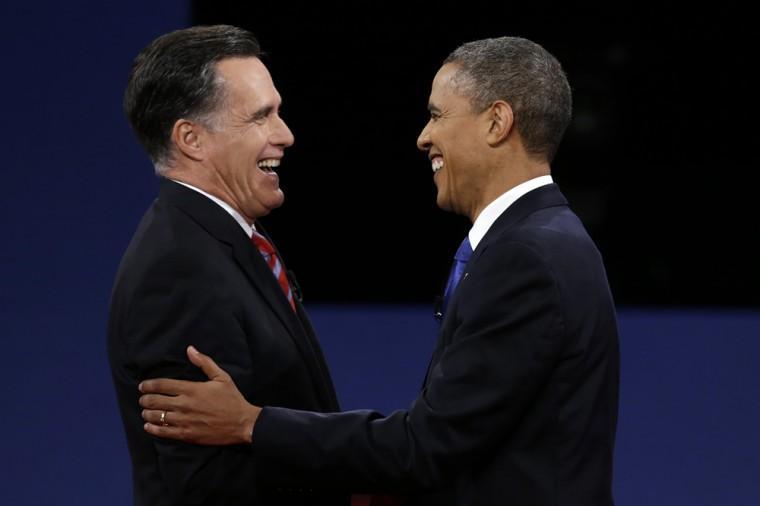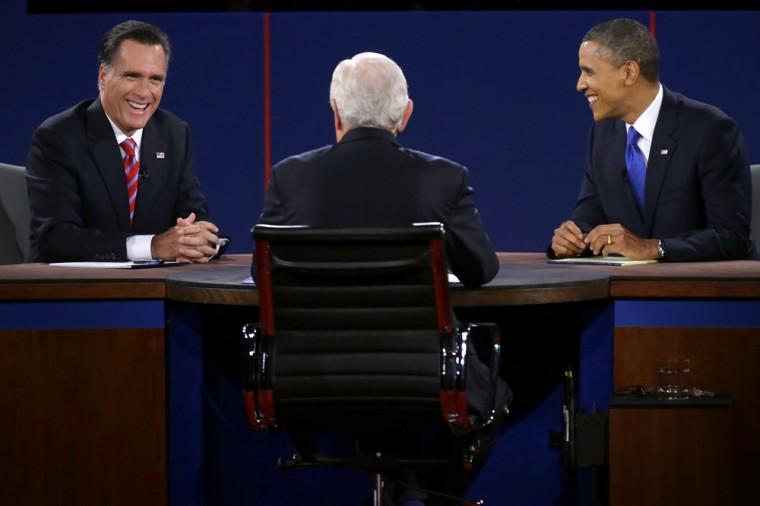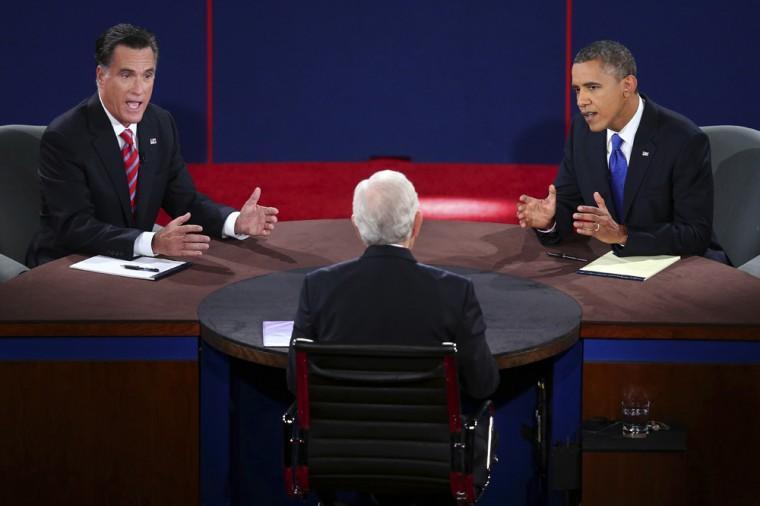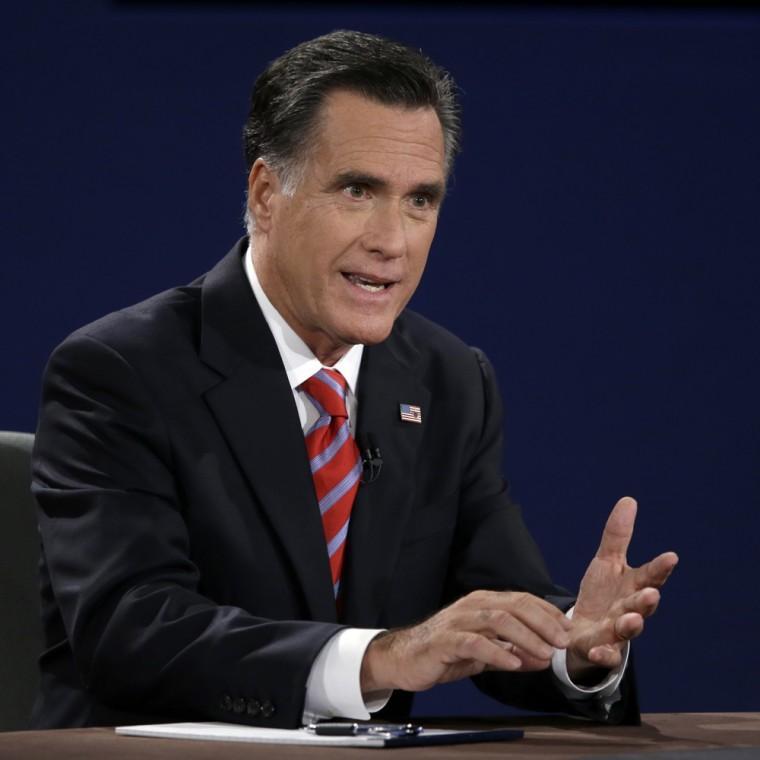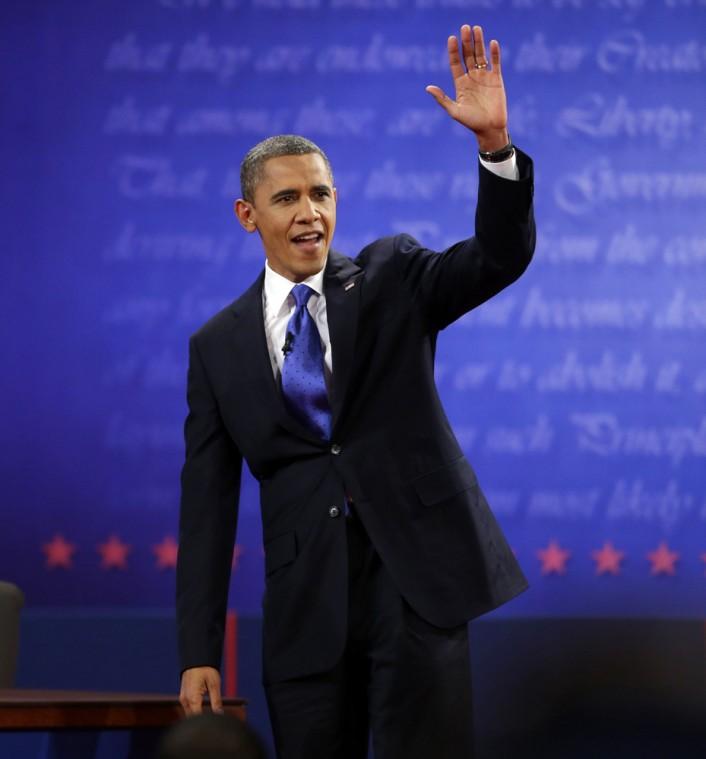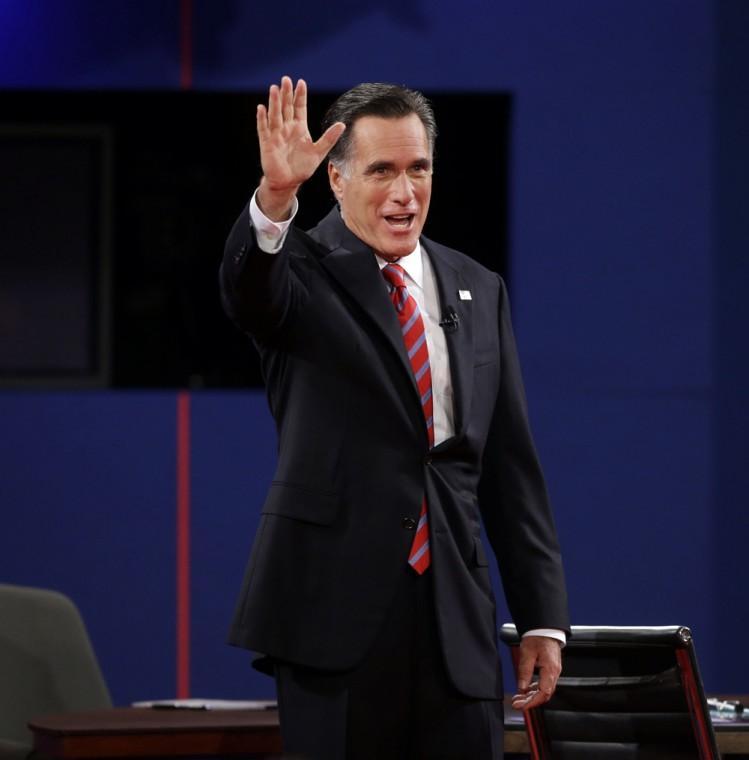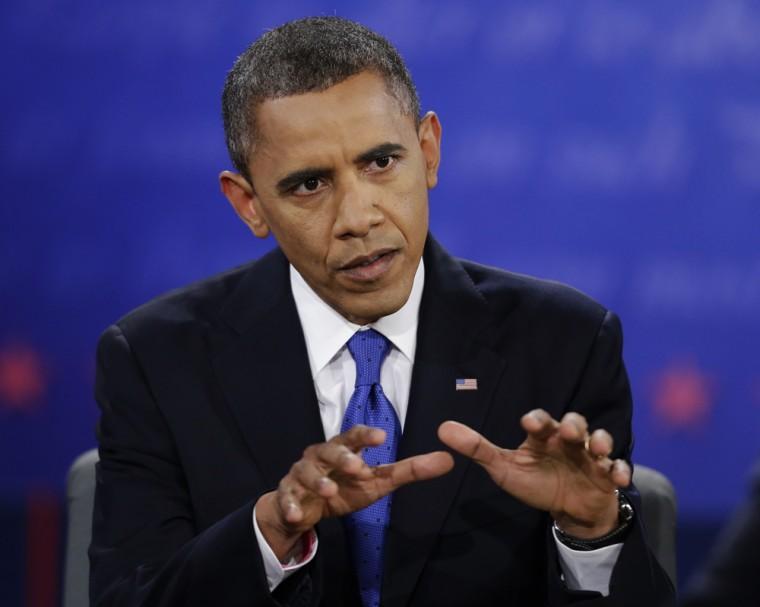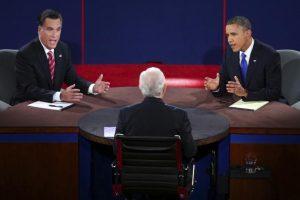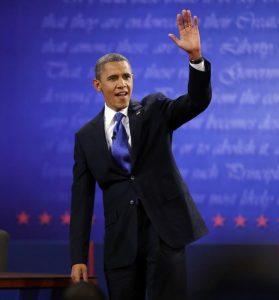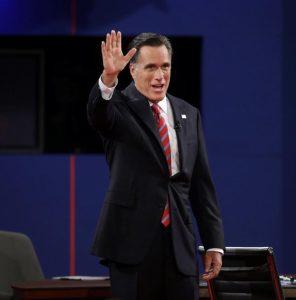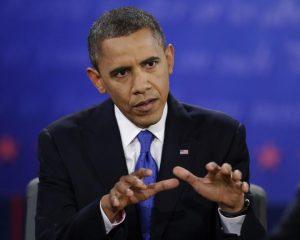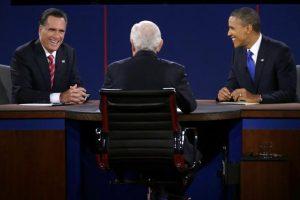President Barack Obama and Republican presidential candidate Mitt Romney listed strategies for dealing with Israel as well solutions for solving the economic problems at home during Monday night’s foreign policy presidential debate at Lynn University in Florida.
During the final debate between the two, Romney emphasized a lack of American strength through foreign policy — citing Obama’s “apology tour” — and said sanctions in Iran are not strong enough and debt reductions are not large enough.
Obama responded with accusations against Romney, calling him “all over the map” with his policies, and accusing him of not being a stable possible leader.
Kyle Aycock, president of Young Americans for Liberty at the University, said this debate, as well as the last three, gave the candidates the chance to discuss issues facing America in a substantive way.
“What we really got was political theater,” Aycock said.
In an example of this theater, Twitter and other social media channels became outlets for people wondering about the discussion of education in the middle of a foreign policy debate.
Though the debate was focused on foreign policy, both candidates shifted the discussion toward domestic issues as well, such as education. Moderator Bob Schieffer cut Romney off and elicited some laughs by saying, “I think we all love teachers.”
Mass communication sophomore Camille Stelly said this was the best debate of all four due to Schieffer’s moderation.
She said she didn’t hear many jabs during the spirited discussion.
Aycock said he wasn’t sure what Romney and Obama would come to blows about because he believes the candidates’ views are similar.
“Between the two of them, there’s not going to be a substantive change in foreign policy,” he said.
He said Obama came out of this debate better than Romney, but that it’s “similar to an F plus being better than an F minus.”
Political science professor James Garand called the debate “roughly a draw.”
“One of the President’s goals was to make Romney look like a drooling warmonger, and Romney was very effective in deflecting that effort by appearing calm and presidential,” Garand wrote in an email.
He also said Schieffer did a “decent job” by asking questions and letting the candidates speak about them for an appropriate amount of time.
In their final statements, both candidates perpetuated a positive view on America, and expressed hope for each citizen’s vote.


